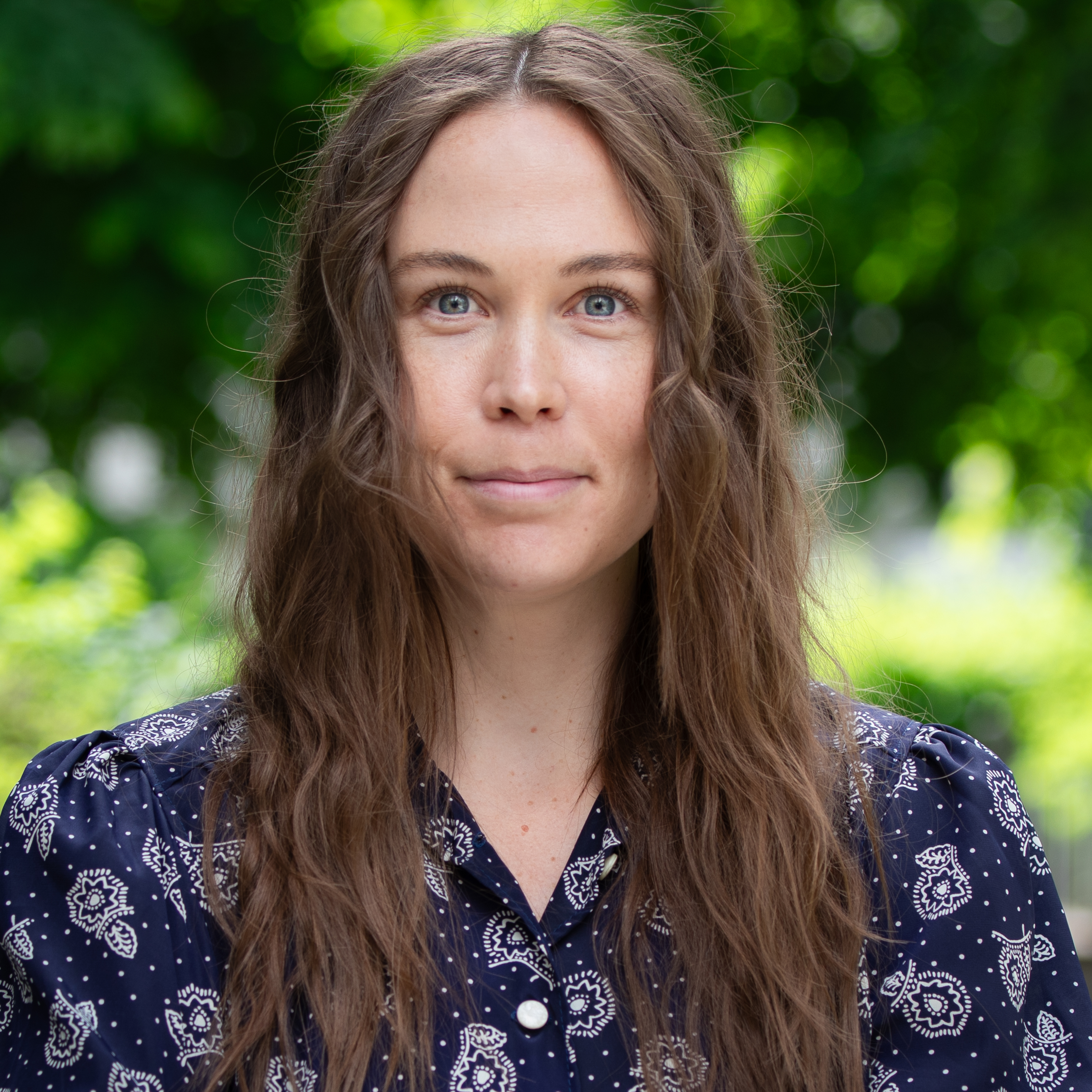
Nordic Energy Equality Network at Berlin Energy Transition Dialogue
On March 29-30, Nordic Energy Research's Coordinator Astrid Bratli and Communications Adviser Elina Sjölinder attended the conference Berlin Energy Transition Dialogue 2023
On March 29-30, Nordic Energy Research’s Coordinator Astrid Bratli and Communications Adviser Elina Sjölinder attended the conference Berlin Energy Transition Dialogue 2023. At the conference, Astrid and Elina represented the Nordic Energy Equality Network (NEEN), which is funded by Nordic Energy Research.

In addition to sessions addressing themes such as pooling knowledge for a just energy transition, how to translate ambition into action, and challenges and opportunities for sustainable development, NEEN was notably invited to two events by Global Women’s Network for the Energy Transition (GWNET). Firstly, NEEN participated in the lunch seminar “Women for the Energy Transition”, which provided a platform for female energy experts to give and receive knowledge and strengthen networks among each other. Secondly, the workshop “Women Energize Women – Women Empowerment in Global Energy Cooperation” brought together international representatives with various areas of expertise, to identify common solutions, possible synergies, and further needed action in the reach for gender mainstreaming.
Inspiring inclusion efforts on international scale
At the workshop, Astrid and Elina gave an introduction to NEEN and shared their experiences from the Nordic countries with women within the energy sector from all over the world, including Brazil, Chile, Ethiopia, Germany, Jordan, Mexico, Nigeria, Turkey, Ukraine, and Vietnam. With such a diverse gathering of female energy expertise, the event generated a great exchange of approaches and understandings.
“It is incredibly inspiring to meet so many resourceful women from all corners of the world who have stood up and passionately championed equality in the energy industry. Though it is clear that progress has been made, the stark reality of personal accounts and grim statistics presented at the conference remind us of the steep climb that still lies ahead to ensure that everyone, regardless of gender, has an equal opportunity to participate and contribute to the industry. We cannot make this shift happen on our own, and as equality is something that benefits us all, it’s clear that only through solidarity and co-operation across borders can we achieve a truly inclusive global energy sector. We are thrilled to be able to participate in a network where we can learn from one another, uplift each other, and strive towards our shared vision of a brighter, more equitable energy future,” says Astrid.
Elina agrees. “Participating in GWNET’s workshop was truly rewarding. Coming from the Nordic region with its relatively advanced equity standards in international terms, it is common to see Nordic practices acting as an example for the rest of the world. The Nordics are role models when it comes to environmental and social sustainability, but true inspiration is found among women who manages to pursue gender equality at the same time as they struggle with other fundamentally important energy issues. For example, to strive for inclusion within the energy sector while also dealing with unavailability of electricity, is really powerful and impressive,” says Elina.
The Berlin Energy Transition Dialogue is hosted and supported by the German Federal Government and a joint initiative of German Renewable Energy Federation (BEE), German Solar Association (BSW), German Energy Agency (dena) and eclareon.
GWNET’s mission is to empower women in energy through interdisciplinary networking, advocacy, training, and mentoring. GWNET seeks to address the current gender imbalances in the energy sector and to promote gender-sensitive action around the energy transition in all parts of the world.

